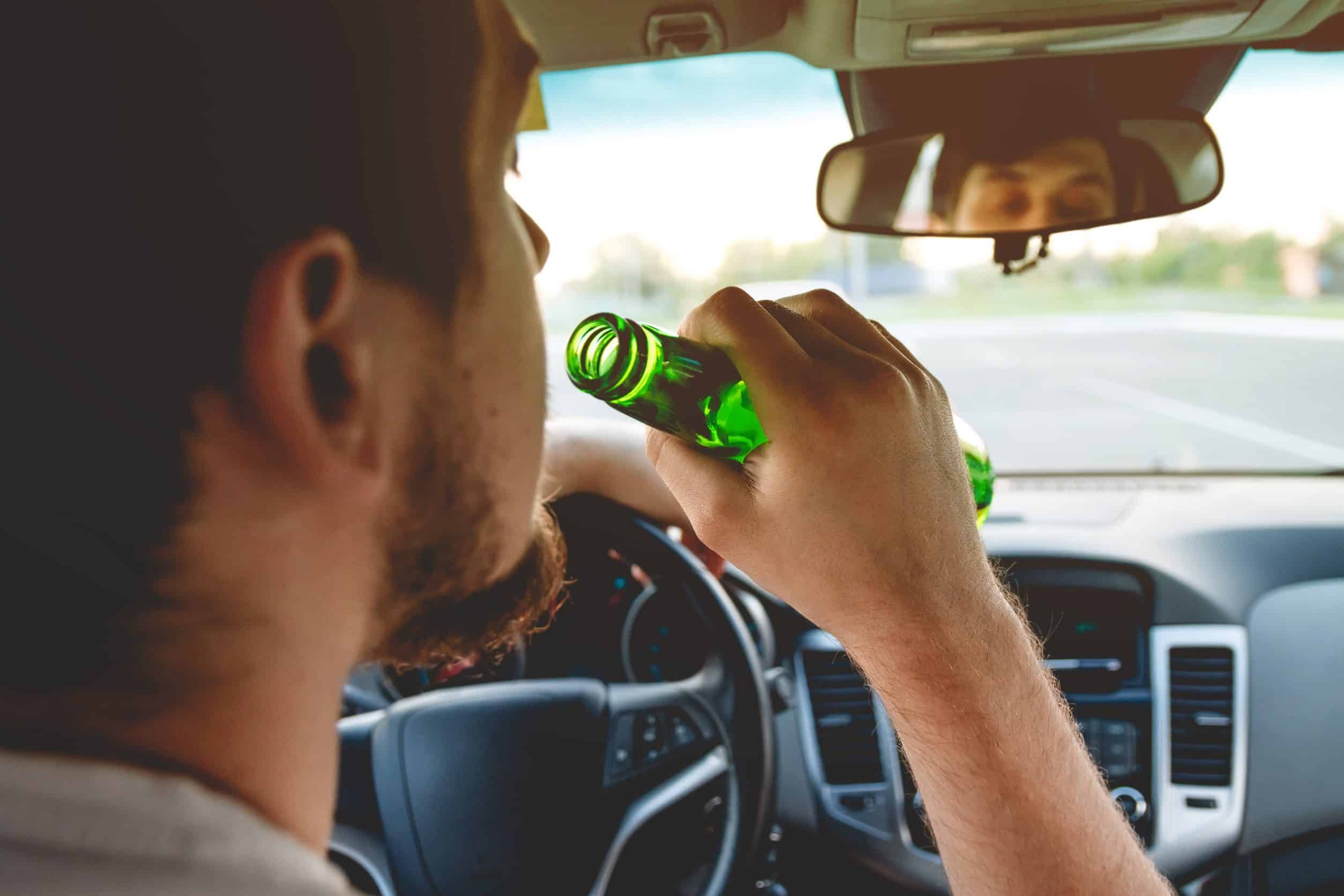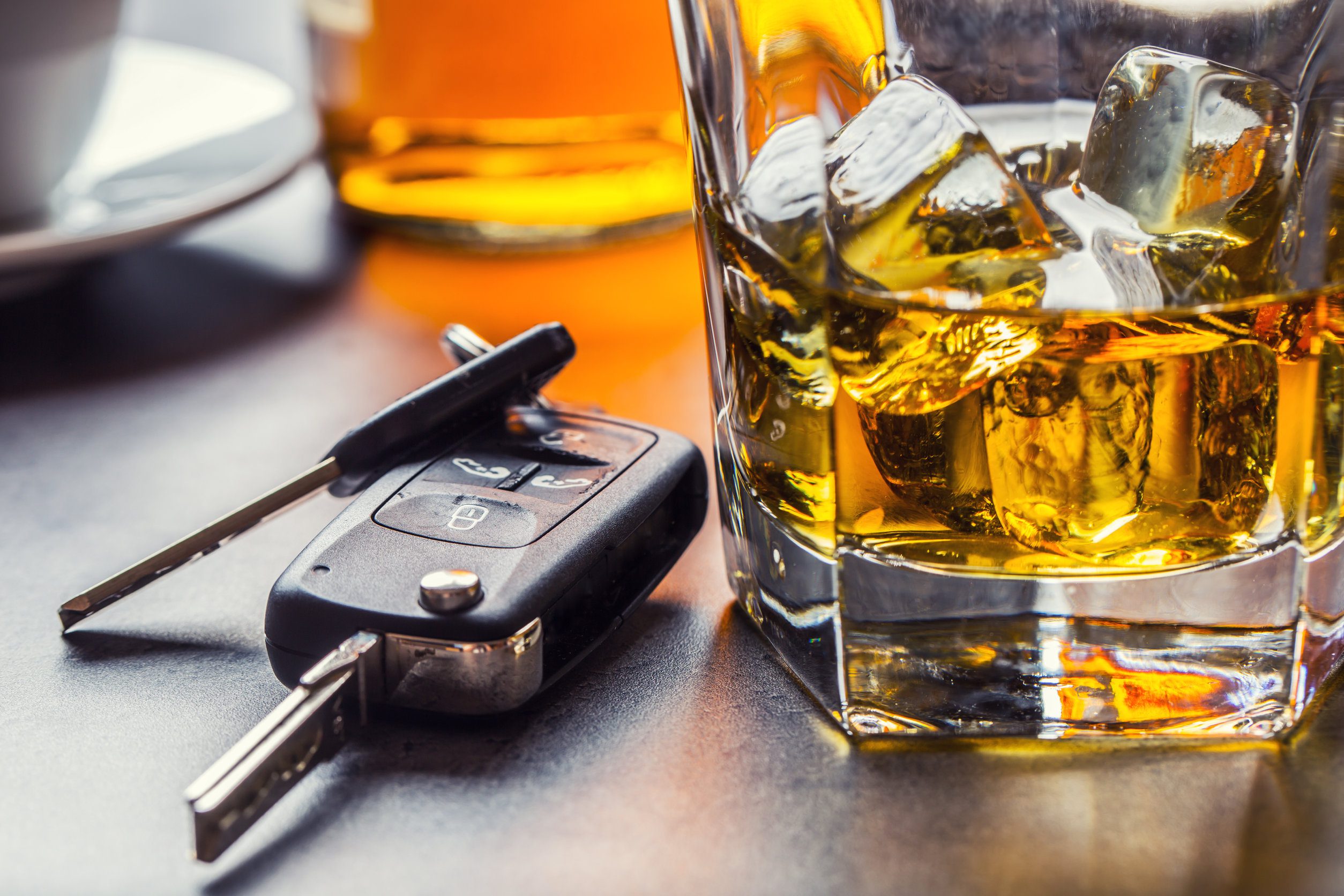Is a DUI a Misdemeanor or Felony in Minnesota? It Depends

Andrew & Poole, P.A.

In Minnesota, getting a DWI or DUI can lead to serious consequences. The fact is that a DWI in Minnesota can be charged as a misdemeanor or as a felony – the facts surrounding the case as well as any prior record the accused may have will influence how it is charged.
A Duluth man was arrested for a DUI recently after crashing into a pole. No one besides the driver was injured, but police discovered his blood alcohol level was over two times the legal limit. He will be charged with a third-degree DUI.
So, when is a DUI in Minnesota a misdemeanor and when is it a felony? Read on to find out.
What Is a DUI in Minnesota?
In many places, the term DUI is most commonly used to describe driving under the influence, but, legally, Minnesota refers to this as driving while impaired. It is defined under the law as being in physical control of, operating, or driving a vehicle while you:
- Are under the influence of drugs or alcohol
- Have a blood alcohol content of 0.08 percent or higher
- Knowingly are under the influence of a substance that can impact the ability to drive
- Have any amount of a Schedule I or Schedule II drug in your system
If you are pulled over by police, they may ask you to take a breath test if they suspect you are under the influence of drugs or alcohol. If you refuse, then that itself is a crime for which you can be charged.
The Three Classes of Crimes in Minnesota
The state of Minnesota has three classes of crimes: misdemeanor, gross misdemeanor, and felony. Misdemeanors are the least serious type of crime charge, and a felony is the most serious.
The different levels of DWI that fall into these categories include:
Fourth Degree DWI
A fourth-degree DWI occurs when someone is charged with driving while impaired but has no other aggravating factors in their case. It is a misdemeanor crime and is punishable by as many as three months in jail and fines of $1,000. You may also face the revocation of your driver’s license.
Third Degree DWI
This level of DWI is charged when there is an aggravating factor present, such as a previous DWI conviction. It is considered a gross misdemeanor and is punishable by as many as 12 months in jail and fines of as much as $3,000. You may also lose your license for a period.
Second Degree DWI
This level of DWI is charged when there are two aggravating factors present in the case. It is also a gross misdemeanor. It usually involves penalties that are a bit harsher than a third-degree DWI, including forfeiture of the vehicle involved in the incident.
First Degree DWI

A first-degree DWI in Minnesota is the most serious and is a felony crime. It normally is charged if someone has at least three prior DWI incidents over a ten-year period. The penalties associated with this level of DWI include as many as seven years in prison and fines of $14,000. You can also lose your driver’s license, have your license plate impounded, or lose your vehicle.
Aggravating Factors
What are the aggravating factors involved in DWIs in Minnesota? Aggravating factors include aspects like prior DWI convictions in the last 10 years, whether there were children in the vehicle when you were arrested for DWI, or if your blood alcohol content was above 0.20 percent.
If more than one aggravating factor is present in your case, then they will both be considered when the judge hands down the penalties.
About the Author:
A former Assistant Public Defender for the Sixth Judicial District in Duluth and former staff attorney for the Indian Legal Assistance Program, Brent R. Olson is an experienced trial lawyer who has appeared in every Courthouse in the Sixth Judicial District and taken over three dozen cases to verdict. At LaCourse, Poole & Envall, Mr. Envall focuses on family law, workers’ compensation, and criminal defense. He has a strong belief in restorative justice and helped to develop the Domestic Violence Restorative Circles program.
















